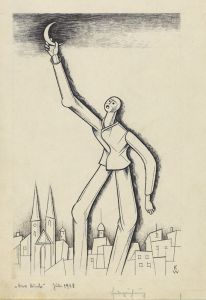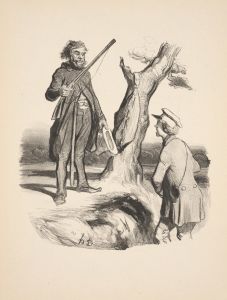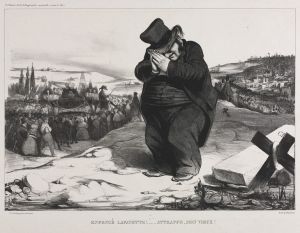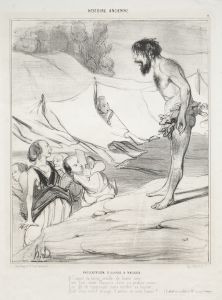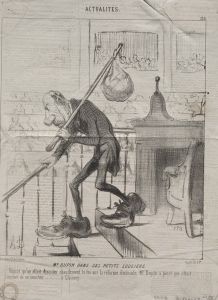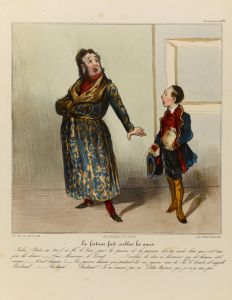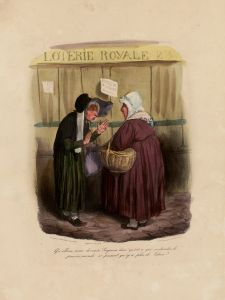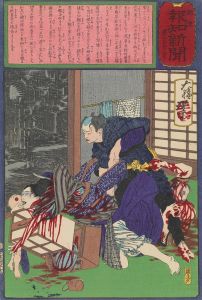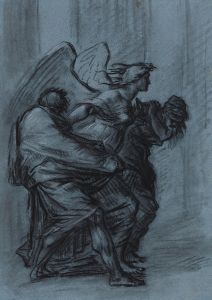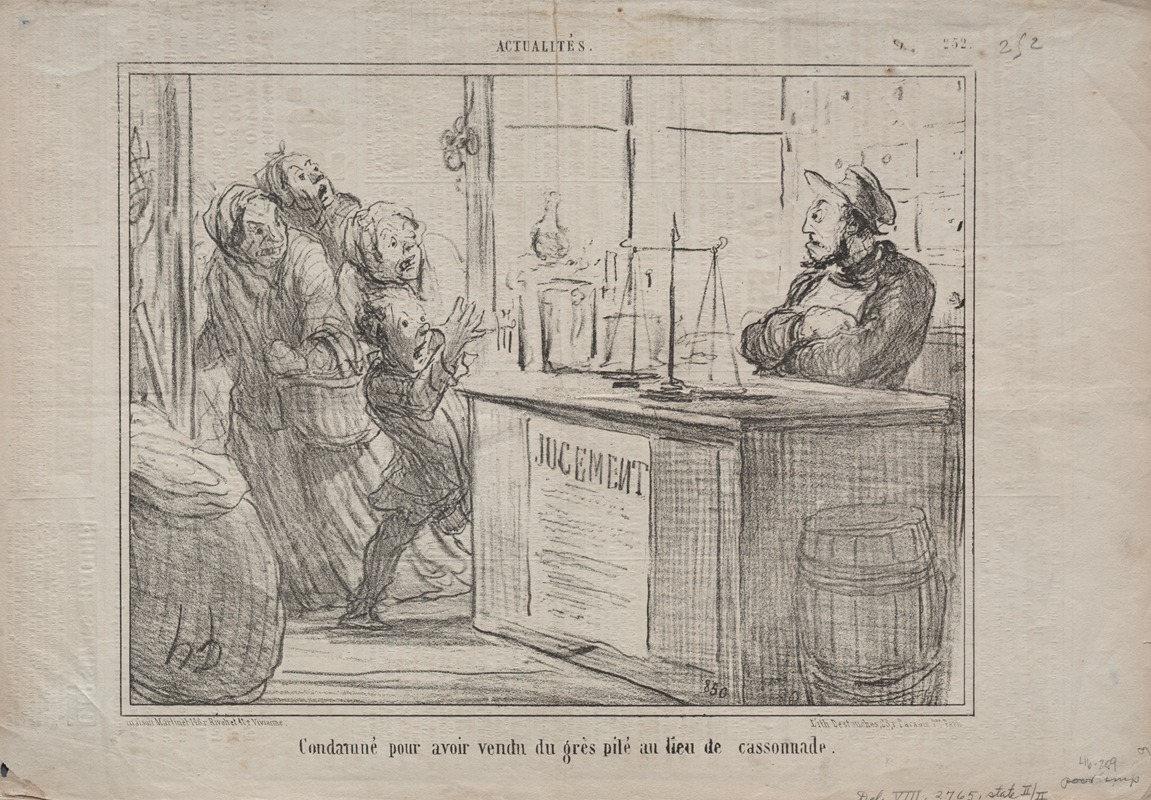
Convicted for having sold crushed sandstone instead of brown sugar
A hand-painted replica of Honoré Daumier’s masterpiece Convicted for having sold crushed sandstone instead of brown sugar, meticulously crafted by professional artists to capture the true essence of the original. Each piece is created with museum-quality canvas and rare mineral pigments, carefully painted by experienced artists with delicate brushstrokes and rich, layered colors to perfectly recreate the texture of the original artwork. Unlike machine-printed reproductions, this hand-painted version brings the painting to life, infused with the artist’s emotions and skill in every stroke. Whether for personal collection or home decoration, it instantly elevates the artistic atmosphere of any space.
Honoré Daumier was a prolific French artist known for his satirical works, primarily in the form of lithographs, paintings, and sculptures. He was born on February 26, 1808, in Marseille, France, and moved to Paris with his family in 1816. Daumier's work often critiqued the social and political issues of his time, and he is particularly renowned for his caricatures that appeared in various publications.
One of Daumier's lesser-known works is titled "Convicted for having sold crushed sandstone instead of brown sugar." This piece is part of his extensive oeuvre that often depicted the everyday lives and struggles of the common people, as well as the corruption and absurdities within the legal and political systems of 19th-century France. Daumier's art frequently highlighted the injustices faced by ordinary citizens, and this particular work is no exception.
The painting "Convicted for having sold crushed sandstone instead of brown sugar" reflects Daumier's interest in the legal system and his critical view of its operations. The title itself suggests a scenario where an individual is punished for fraudulent activities, a theme that Daumier explored in various other works. His art often portrayed the courtroom as a place of both drama and comedy, where the fates of individuals were decided, sometimes arbitrarily, by those in power.
Daumier's style is characterized by its bold lines and expressive figures, capturing the essence of his subjects with a keen eye for detail and emotion. His ability to convey complex social commentary through his art made him a significant figure in the Realist movement. Although primarily known for his lithographs, Daumier's paintings, such as this one, also demonstrate his skill in capturing the human condition.
Throughout his career, Daumier faced censorship and legal challenges due to the provocative nature of his work. Despite this, he continued to produce art that challenged the status quo and provided a voice for the marginalized. His commitment to social justice and his ability to blend humor with critique have left a lasting impact on the art world.
While "Convicted for having sold crushed sandstone instead of brown sugar" may not be as widely recognized as some of Daumier's other works, it remains an important example of his dedication to highlighting societal issues through art. Daumier passed away on February 10, 1879, in Valmondois, France, leaving behind a legacy that continues to inspire artists and social commentators today.
In summary, Honoré Daumier's "Convicted for having sold crushed sandstone instead of brown sugar" is a testament to his skill as an artist and his commitment to critiquing the social and legal systems of his time. Through his work, Daumier provided a powerful commentary on the human experience, using his art to challenge injustice and advocate for change.







